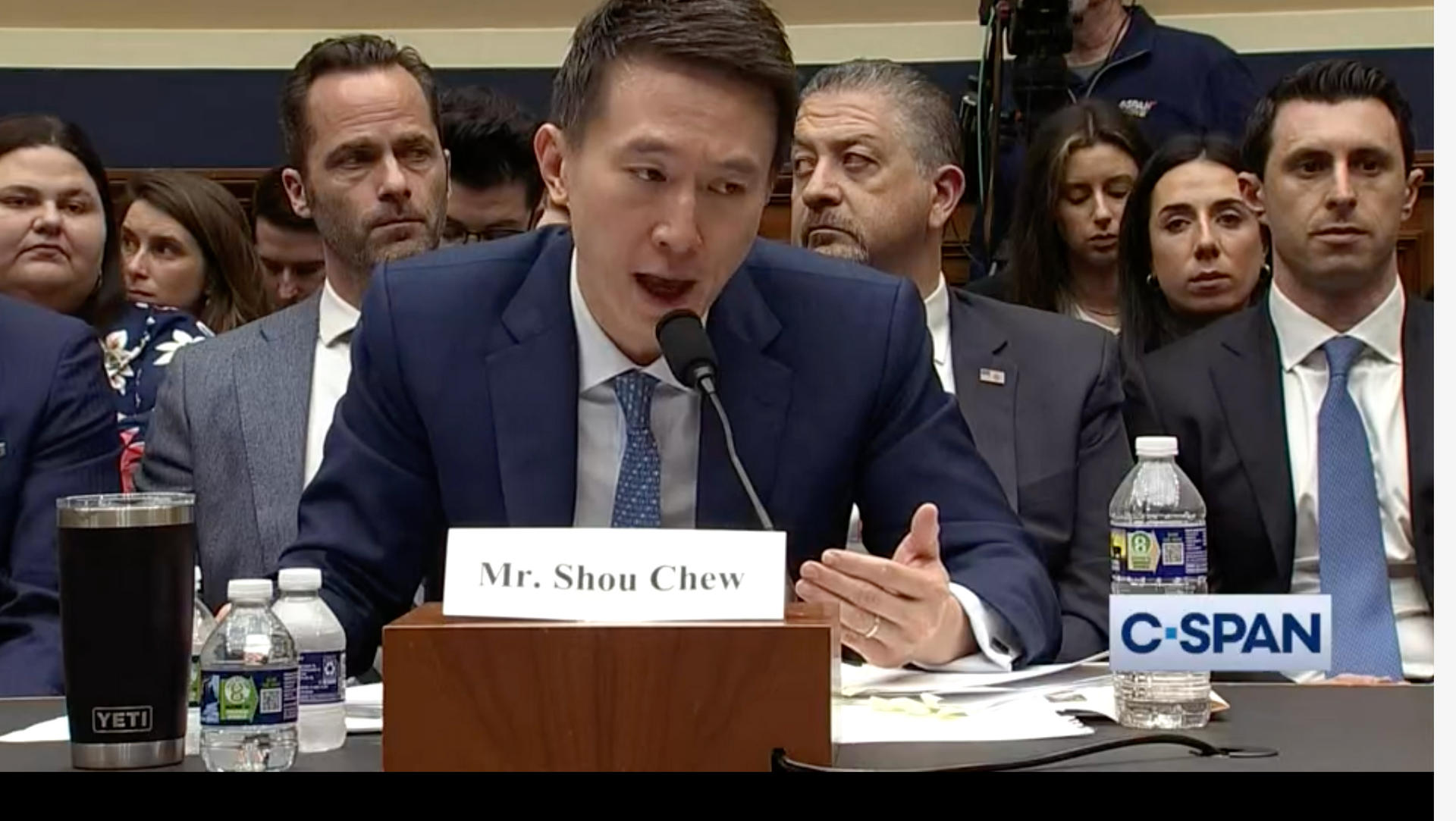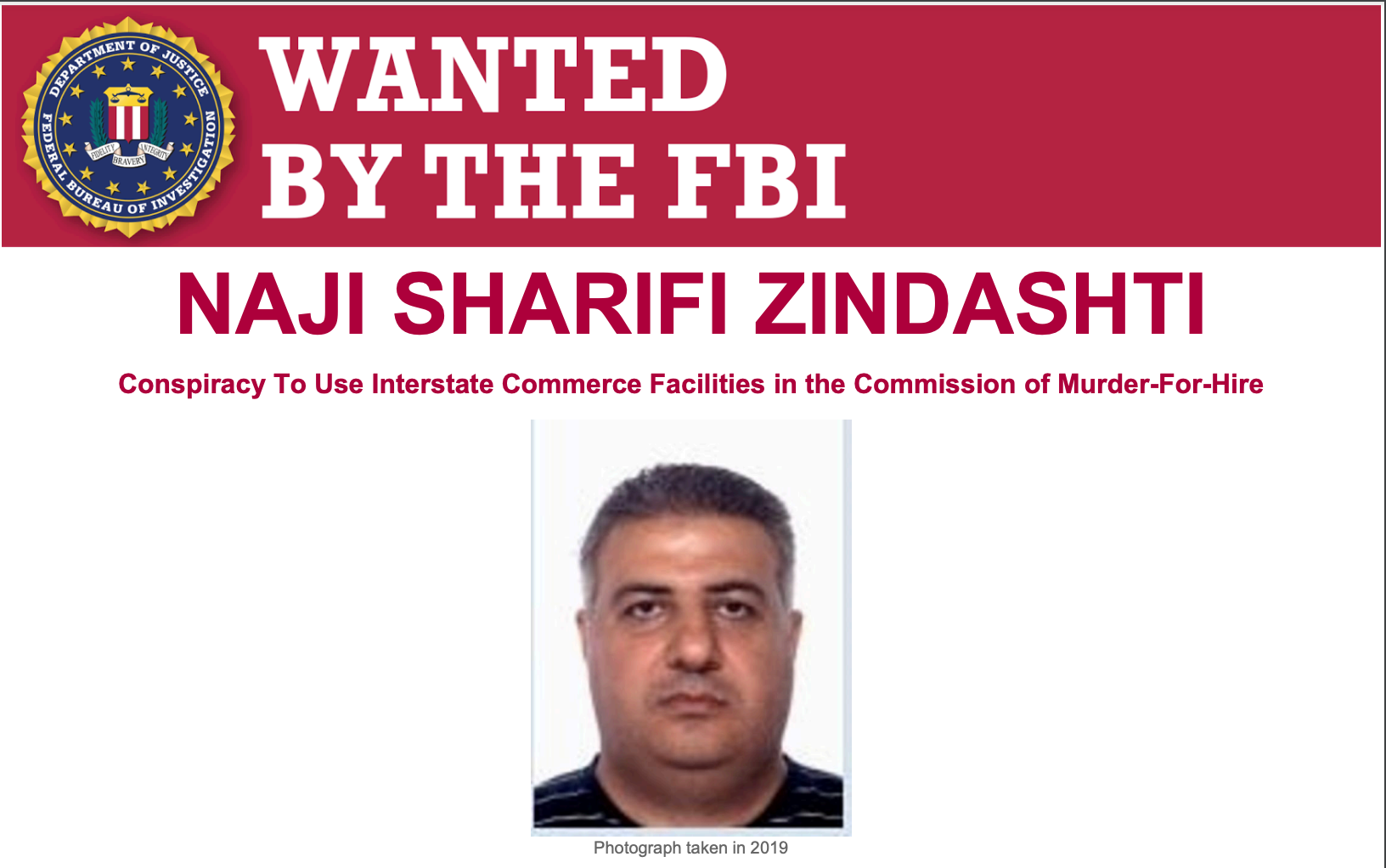Think Poker Isn't A game of Skill? Think Again.
October 17, 2017
A Detailed Review of AI Machine Learning Proves the Point
There have been numerous variations of this adage, but the movie Rounders opened with a brilliant line that perfectly sums up the skill aspect of poker.
“If you can’t spot the sucker at the table within the first half hour at the table, then you are the sucker.”
With that in mind, I’d like to offer my own variation:
"If you think poker isn’t a game of skill, then you obviously haven’t acquired the skill."
It’s stunning that this can still be controversial in some peoples’ minds. Yes, in the short term, bad luck can trump a perfect poker strategy. However, over time, the luck of the draw evens out and a player’s skill level will determine his or her success rate.
A successful hedge fund that consistently beats the market isn’t viewed as merely “lucky.” Then why is a professional poker viewed so differently? The answer has to do with perceptions, legality, and stigma.
After all, poker was once shrouded in mystery and dominated by the riverboat grifters of the 19th century who literally had tricks up their sleeves. But, televised poker tournaments have helped to provide full transparency. By making the hole cards visible and providing the exact probabilities for each hand, these contests educated millions of viewers about the complexities of the game.
Despite having thousands of participants, year after year, we see many of the same faces consistently at the top of these tournaments. That doesn’t happen by chance. One of those players, Annie Duke, has the perfectly succinct explanation for why poker is a game of skill. She accurately stated that you can’t intentionally lose a game of chance; conversely, that is entirely possible with a game of skill.
So what does it matter if people have a difference of opinion on this matter? The issue is that it affects the legality of the game. The courts are generally more lenient with forms of gambling that are primarily based upon skill.
This issue is particularly relevant in Pennsylvania where the state legislature is considering a bill to legalize online gambling and video gambling terminals. If passed, Pennsylvania would become the fourth state to legalize online poker.
The Pennsylvania legislature is moving in this direction due to a budget shortfall, however, the state’s judicial system has been less welcoming of this game. To be more specific, the state ruled that poker is not a game of skill via Pennsylvania v Dent.
Walter Watkins, along with his girlfriend Diane Dent, organized small-stakes Texas Hold’em games out of his garage. He didn’t take a rake but asked for tips from the players. Watkins and Dent were eventually busted by an undercover cop for gambling charges.
The pair successfully contested the charges in court due to a judge agreeing that poker is a game of skill. However, the State Superior Court reversed that decision in 2010 and ultimately ruled that poker is based primarily upon chance.
The Pennsylvania legislature has the chance to partially rectify this inaccurate ruling by the State Superior Court by legalizing online poker. However, that obviously wouldn’t eliminate wasteful undercover investigations that led to Pennsylvania v Dent.
Meanwhile, the state’s outdated gambling laws have done nothing to reduce the demand. WITF of Central Pennsylvania reported that illegal poker video game terminals have become increasingly popular in the state. Bear in mind, this market is completely unregulated and untaxed.
There is growing black market in large part due to lobbying efforts of the casino magnate, Sheldon Adelson. To be brief, he claims his objection to Internet poker is for “moral” reasons, but this crony-capitalist charade was fully debunked in my book Dealing From the Bottom of the Deck: Hypocritical Gambling Laws Enrich Crooked Politicians, a Select-Few Casinos, and the Mob.
From state to state, the game of skill debate is usually left to the interpretation of the courts. However, a Virginia State Senator, Louise Lucas, introduced a bill earlier this year to recognize poker as a game of skill. The Senate version passed, but we’ll have to wait and see if the companion House bill has the same success.
Again, the case for the game of skill argument is fairly obvious. All anyone has to do is read one the 580 books on poker strategy currently available on Amazon.com. However, I think what may be the best close for this discussion is acknowledging a project that isn’t directly related.
Let’s just say that Artificial Intelligence (AI) is well above my pay grade, but even an outsider can recognize the amazing technological advances. In particular, AI in poker has a fairly lengthy history. So without any further ado, let’s check out this amazing infographic detailing the advancements of AI with poker. The infographic is impressively designed and has numerous interesting facts, but it also indirectly demonstrates that poker is a game of skill. You can check out the official link here.










